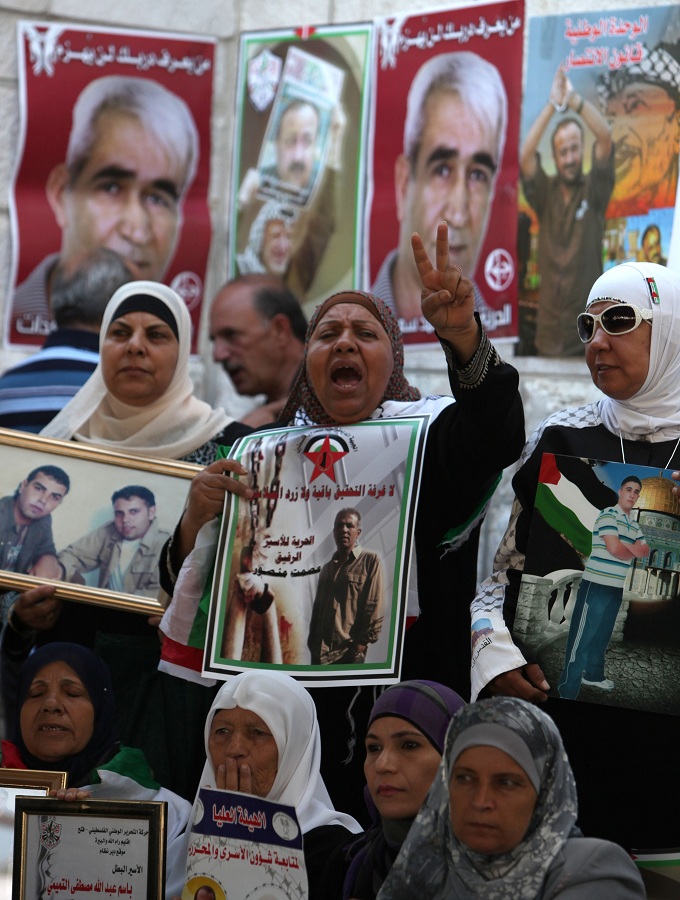In the United States, there are assumptions that anything Arab and Islamic is intrinsically anti-American. Media is one channel through which such misperceptions are exacerbated. There are two issues that need to be addressed with regard to how the American media relates to Muslim-Western issues: a biased image of Arabs and Muslims and a simplified account of US foreign policy.
The media has the power to create stereotypes and influence public understanding and opinion. By consistently covering stories of extremist Muslim groups and showing Arabs as violent or anti-American, the media conveys a distorted image of Arab society and Islam while disregarding the reasons for Arab resentment. Thus, media should focus more on causes of their fury, which is the American foreign policy in the Middle East, and less on the violent acts committed by a small minority.
Mass communication theorist, Mark Fishman, looks at the way news is produced and believes that by acting in accordance with our conception of the ways things are, we concertedly make them that way. Thus, what American mass media defines as being intrinsically Islamic may not be accurate, but still perpetuates a certain stereotype.
For example, in coverage of the Iraq War, the many articles pertaining to violence by suicide bombers sometimes implicate Islam as inherently zealous or fanatical. Media has the responsibility to provide a fair and balanced image of the Muslim identity and to help create an understanding of foreign politics at play in the Middle East, the consequences of which contribute to the rise of a radicalized, Muslim identity.
In 2006, renowned Georgetown University professor John Esposito published results from a Gallup Poll Survey that asked both moderate and extremist Muslims what they liked about the United States. Technology, political systems, democracy, respect for human rights, freedom of speech, and gender equality topped their list. When asked what they didn t like, many Muslims said American foreign policy in the Middle East.
The United States is seen as using democracy to serve its own interests and the interests of its Middle Eastern allies, but not the people s. For example, the United States provides political and military support to Israel, despite many of its policies running counter to its own values.
After the end of imperialism in the early 20th century, attitudes in the Muslim world changed. People turned to religion as a way of rejecting and defying the policies of the West that their governments had been forced to implement for so long. Governments that continued to support those policies favorable to the West were seen as imperialist allies, responsible for holding the interests of foreign powers over those of their own people. Eventually, the politically oppressed began focusing their anger towards those foreign powers.
As we can see from this brief account of history, Muslim resentment for the West stems from a history of imperialism coupled with present-day Western policies that are perceived as unfair or unjust. But with the media s influence in America, many see differences in culture and religion, rather than foreign policy, as the main cause of tension and violence against the West. According to intellectual and political activist Noam Chomsky, the public is exposed to powerful persuasive messages from above… with leaders using the media to generate support, compliance, and just plain confusion among the public.
Polarizing theories, such as Bernard Lewis s The Roots of Muslim Rage and Samuel Huntington s theory The Clash of Civilizations? are often adopted by the media and used to negatively influence people s perception of the other. Both scholars argue that Islam is incompatible with the West.
Although there are many works that promote positive images of the Muslim world, such as those by Edward Said, they are not predominant. But if highlighted, they could play a major role in shaping public perception.
The public has a tendency to simplify complex ideas and draw straightforward conclusions. The solemn duty and responsibility of the media rests in the pursuit of providing a balanced, objective lens by which the public can be informed. In the American media, it is common to present America s foreign policy and actions in the Middle East as initiatives to spread democracy and capitalism, and to maintain peace. Such simplified coverage does not promote a balanced view of either the Muslim or the American side.
But American media is not the only one to blame for the biased public perception of Muslims. Because the actions of minority groups of Muslims have become the general stereotype within the mass media, it is up to the majority of Muslims to make a concerted effort to challenge these portrayals and definitions. Through words or demonstrations, Muslims can make a change by uniting their voices and displaying the diversity that truly exists amongst them.
These highly contested portrayals will only be made clear if both sides take action and make changes, and in this case, it is clear that not only the United States, but also Muslims have to challenge the stereotypes. Muslims themselves have not taken a strong united stand against stereotypes and have not taken measures to portray their true image. If they do take action such as promoting their positive image in the media they would help the West break away from such misplaced beliefs.
Saudi student Eman Bukhari is pursuing an international studies degree at the American University of Sharjah. Nirja Parekh is studying international and global studies and journalism at Brandeis University. This article was written for the Common Ground News Service (CGNews) and can be accessed at www.commongroundnews.org.

